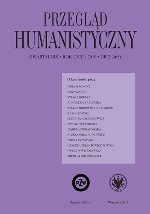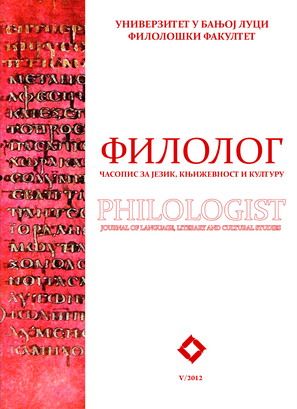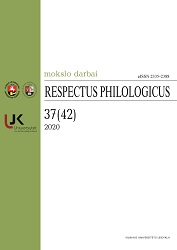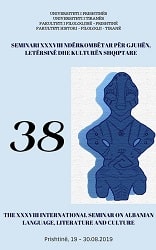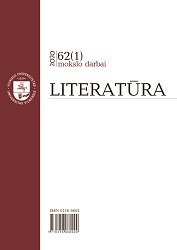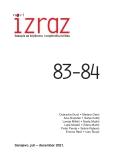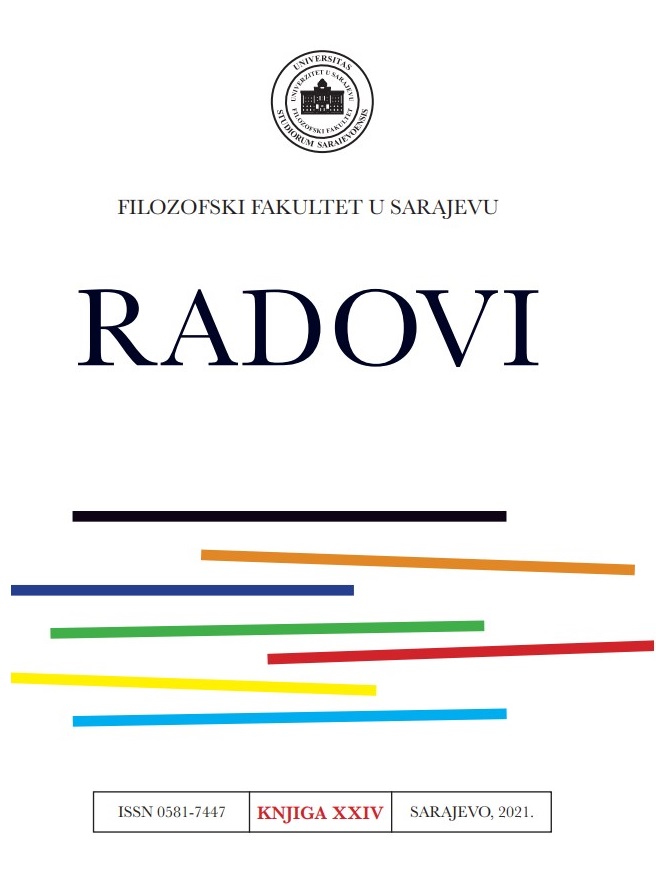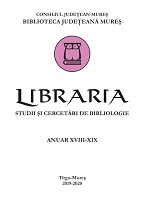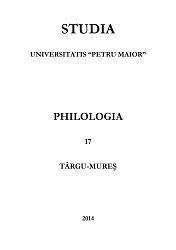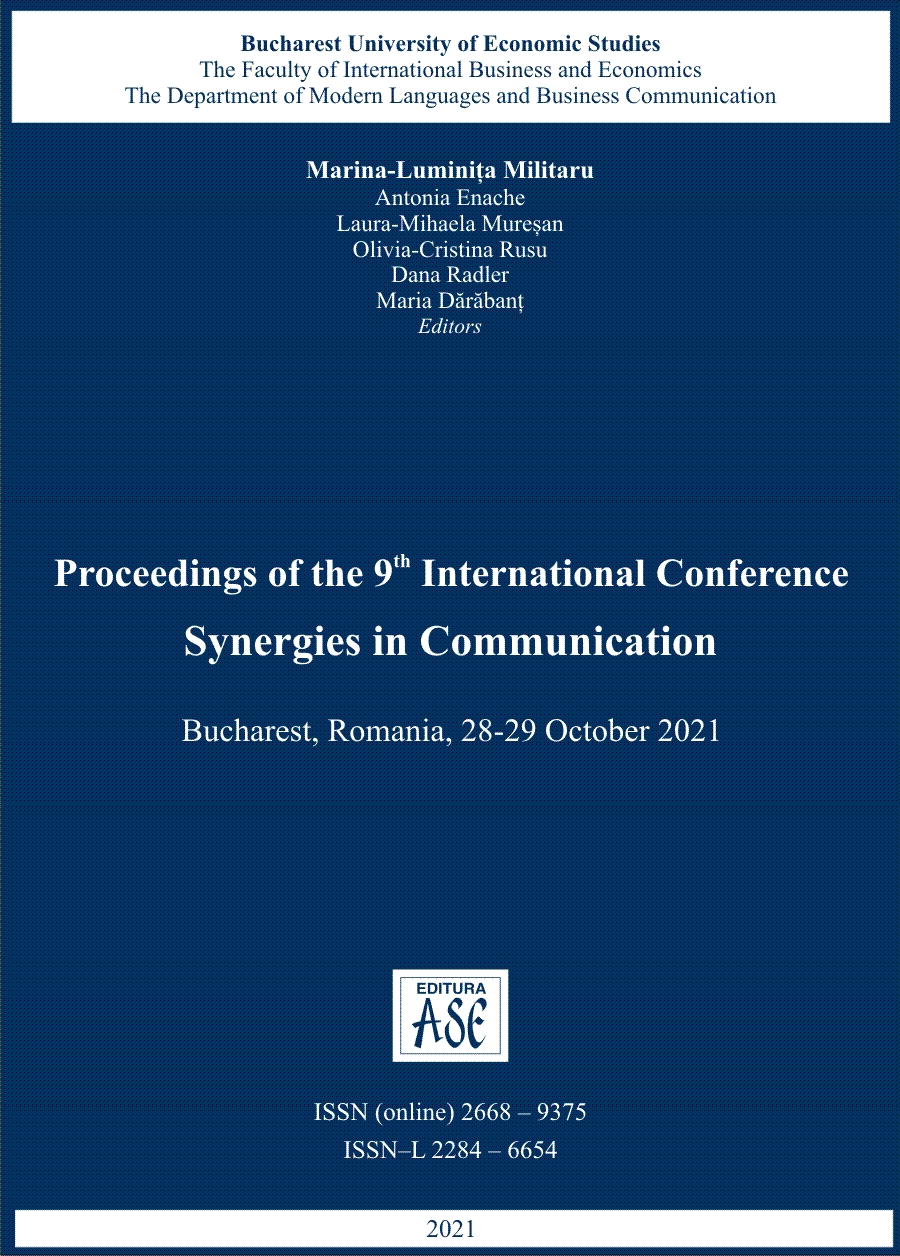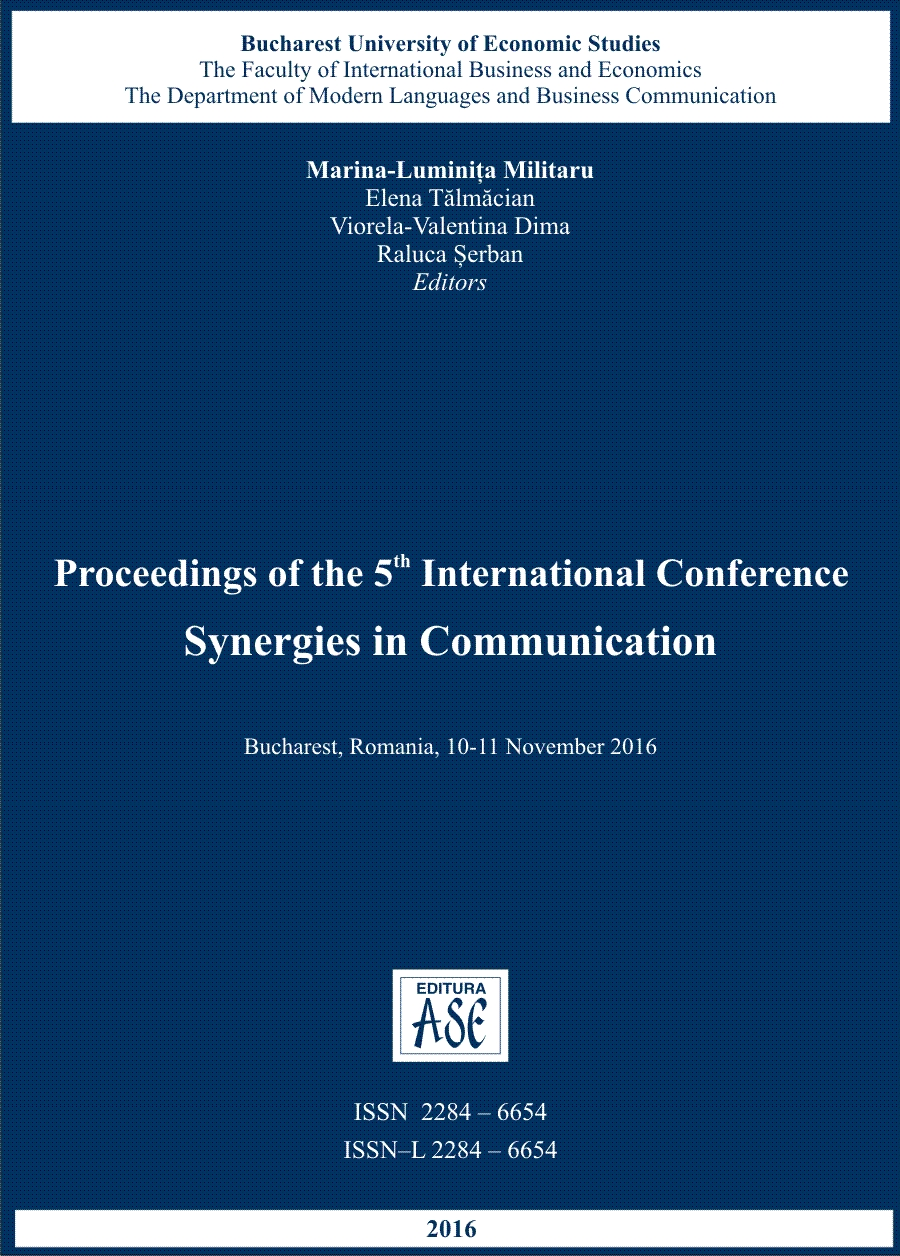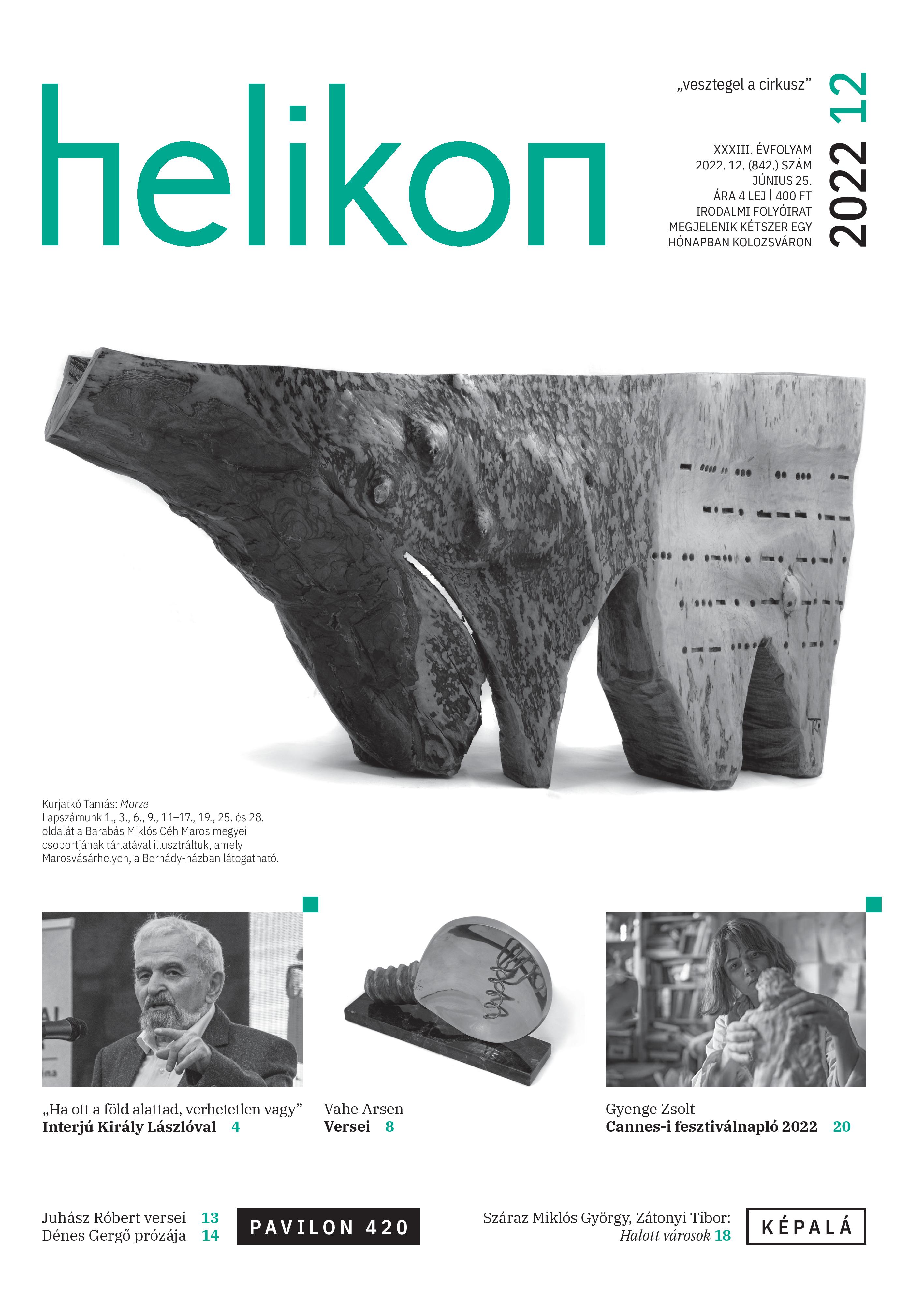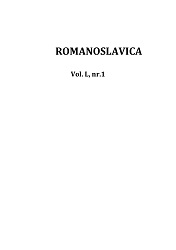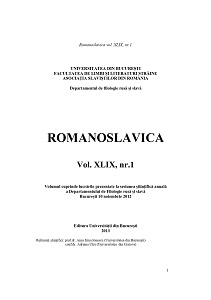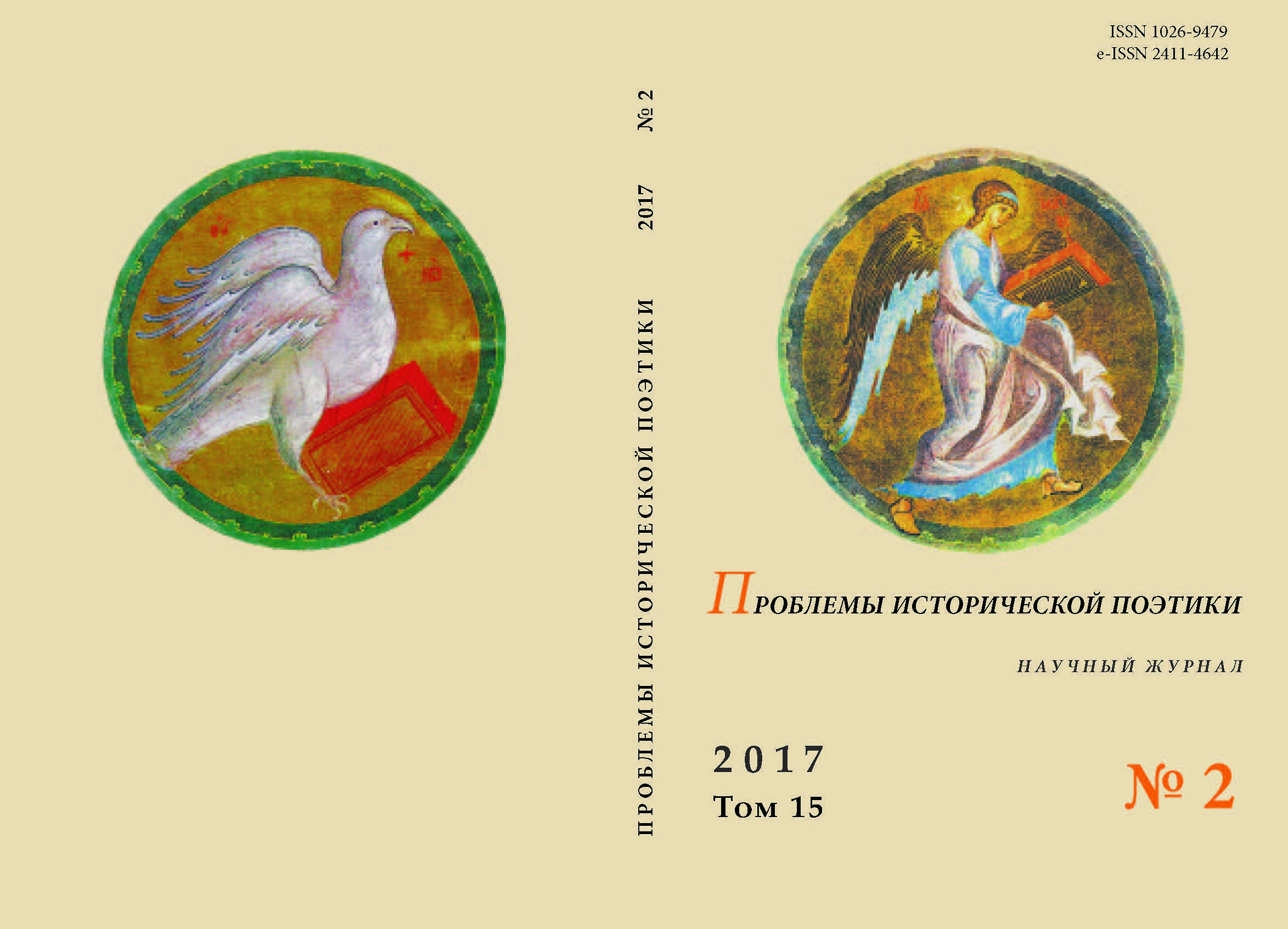
ТЮРКСКИЙ МИР РУССКОГО ПИСАТЕЛЯ: «СКАЗАНИЕ О СИБИРСКОМ ХАНЕ, СТАРОМ КУЧУМЕ» Д. Н. МАМИНА-СИБИРЯКА
The article studies the special aspects of the author’s conception of the East and the principles of the reconstruction of the way of life and mentality of the Turks in “Eastern legends” by D. N. Mamin-Sibiryak within the context of the general interest the Russian literature of the turn of the 19th and 20th centuries experienced toward orientalism. Based on the “Legend of the Siberian Khan, Old Kuchum” the process of evolution of the poetic stylization into an individual and author’s version of the genre form is analyzed, as a result of comprehension, aesthetic mastering and the embodiment of the culture of another nation, folkloristic and mythological figurativeness in the artistic text of the Russian writer. In the “Legend…” there is clearly seen the aspiration of the author to show life of the nomadic people “internally”, to look beyond the existing estimative stereotypes about Siberian peoples set in the perception of the Russian in the period of the conquest of Siberia by the troops of the Russian Tsar with ataman Yermak at the head. For the purpose of a comparative analysis the annalistic sources are used (the Esipovsky chronicle). The research is conducted from the perspective of cultural and historical, imagological and motive approaches.
More...
